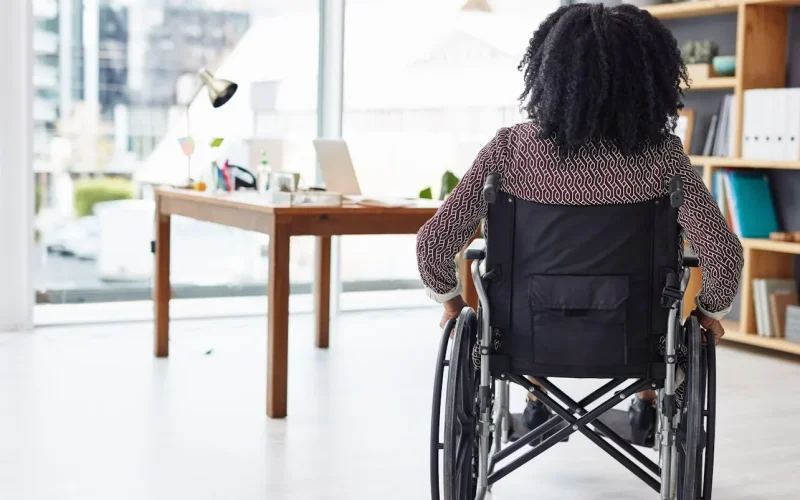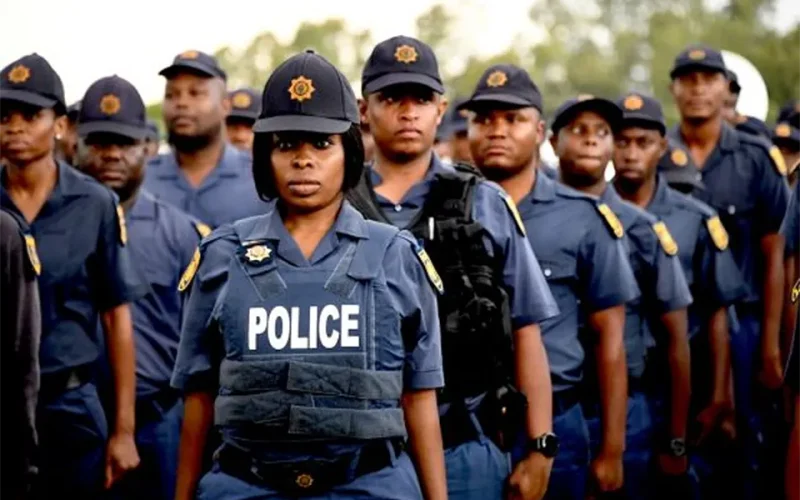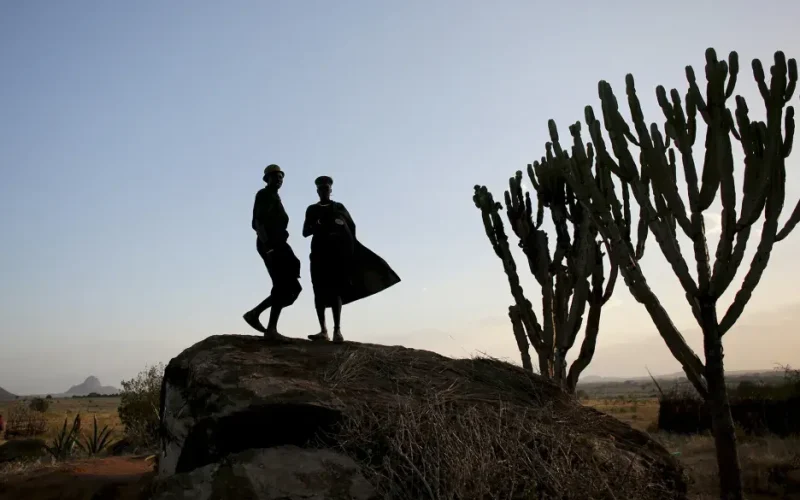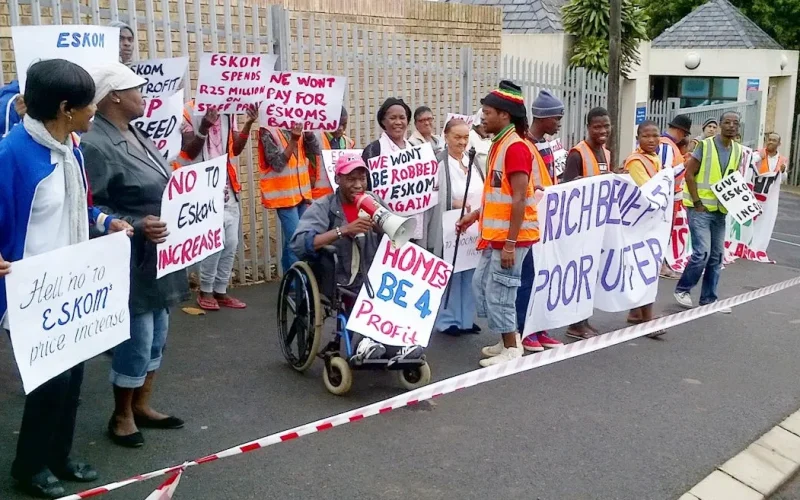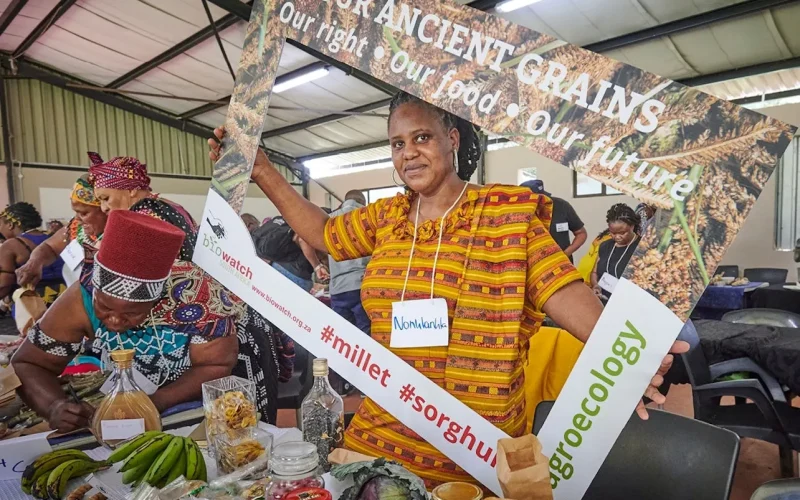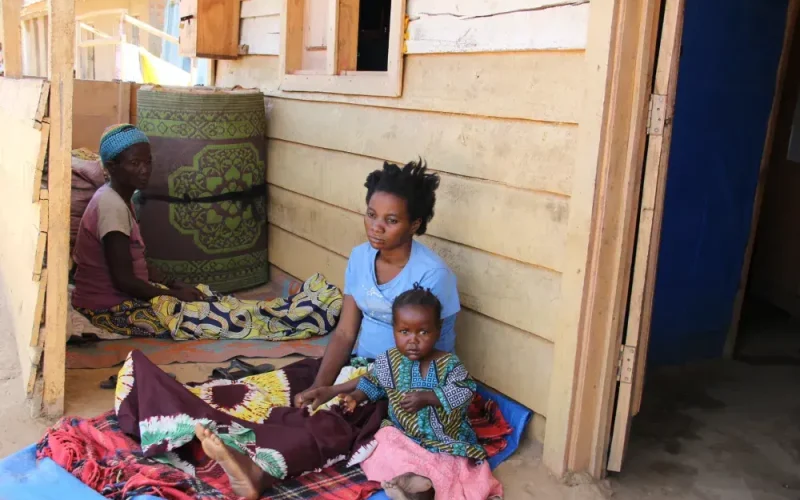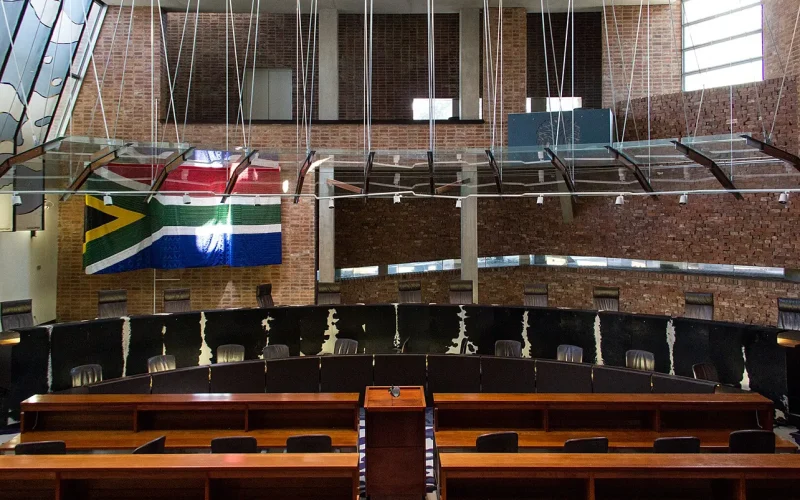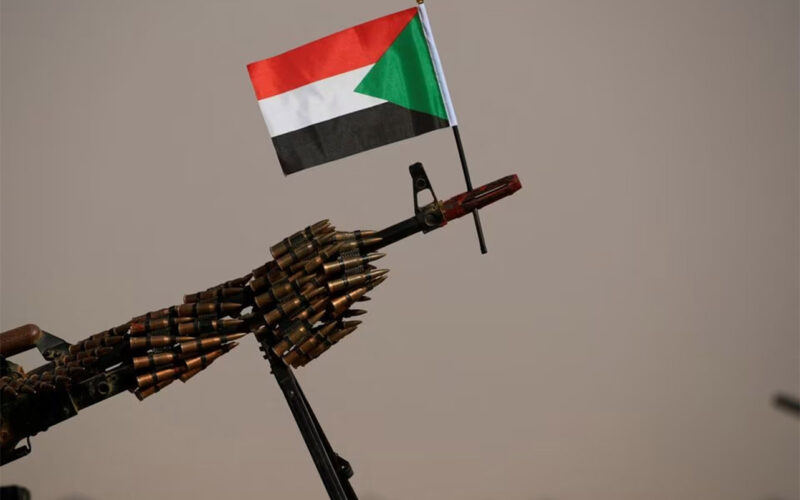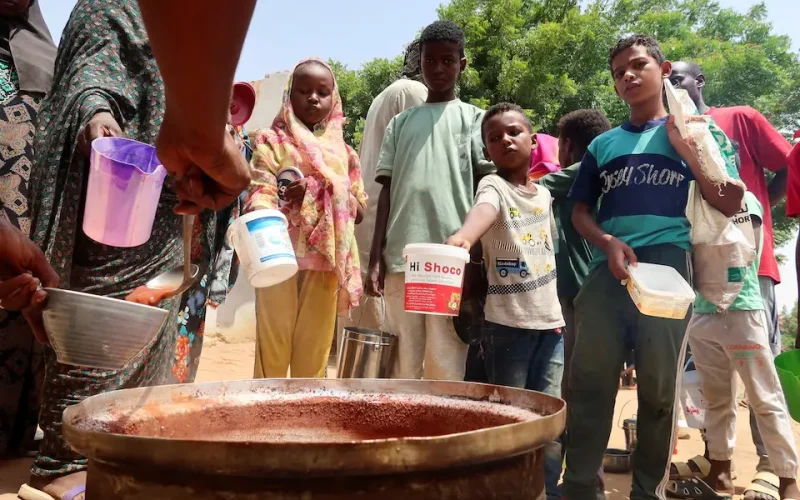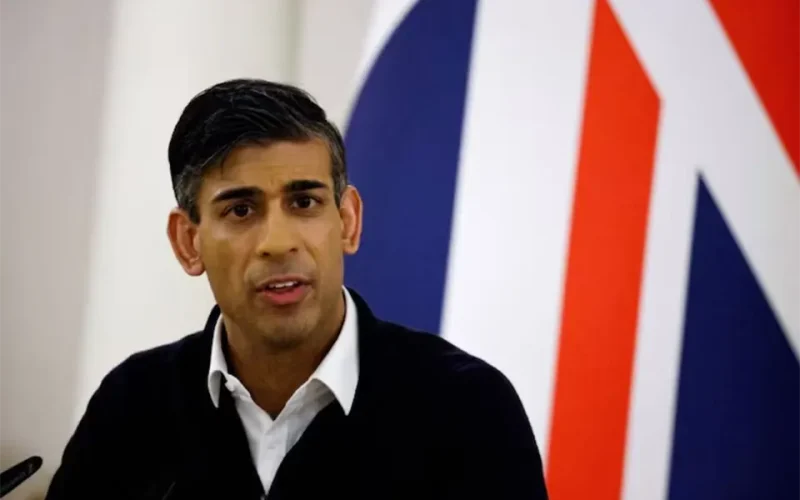
What is UK’s plan to deport asylum seekers to Rwanda?
BRITISH Prime Minister Rishi Sunak promised to start sending asylum seekers to Rwanda within 10 to 12 weeks after parliament passed much-delayed legislation to facilitate the deportation of those arriving in Britain without permission. Last November, the Supreme Court declared the policy unlawful but Sunak says the new law overrides any legal concerns and will thus fulfil his pledge to stop people arriving across the Channel in small boats. Here are details about the plan and the migration issue: WHY IS IMMIGRATION SUCH AN ISSUE IN BRITAIN? Taking back control of Britain's borders and ending the free movement of people into the…

